Bangkok, 10 Rabiul Akhir 1437/20 January 2016 (MINA) – A fatal shooting and a bombing have rocked Thailand’s Muslim south, where an insurgency against the central state has left thousands dead since 2004 in one of the world’s deadliest low-intensity conflicts.
A police colonel at the Mayo district police station in Pattani province told Anadolu Agency Wednesday, “a 25-year-old man riding his motorbike to go to pray at the mosque… was shot in the head and killed early in the morning.”, Mi’raj Islamic News Agency (MINA) reported, quoting Anadolu Agency.
Jiraset Daongeuntrakul said that “the attackers, whose number is not clear, fled after the killing,” adding that police were not certain whether the shooting was linked to a personal conflict or the insurgency.
Later in the morning, a bomb exploded at a palm plantation in neighboring Narathiwat province as a military squad was inspecting the area.
Also Read: President Prabowo Emphasizes ASEAN Unity Amid Global Tensions
Police Colonel Jiradet Prodwang of the Tak Bai district police station attributed the attack – in which nobody was injured – to Muslim insurgents.
While the southern insurgency has left 6,500 people dead and more than 11,000 others injured since 2004, the overall number of violent incidents in the three southern provinces of Yala, Pattani and Narathiwat – as well as in four districts of Songkhla province –decreased noticeably in 2015 compared to previous years.
According to statistics compiled by the Southernmost Provinces Research Database, an academic concern, the number of bombings decreased by 49 percent in 2015 compared to 2014, and was 65 percent down on 2007 – which experienced the most violent incidents since 2004.
While the government has considered these figures to indicate an improving situation, several civil society leaders have been more guarded in their optimism, pointing to the increasingly brutal methods used by security forces.
Also Read: Timor-Leste Officially Becomes ASEAN’s 11th Member: Key Facts You Need to Know
“At the policy level, the security forces preach a nice set of procedures but actual operations for patrols, containment, search and arrests are something else entirely,” Anchana Heemmina, director of the Duay Jai group, which has been investigating the human rights situation in the south, said earlier this month.
The southern insurgency is rooted in a century-old ethno-cultural conflict between the Malay Muslims living in the southern region and the Thai central state where Buddhism is considered the de-facto national religion.
Armed insurgent groups were formed in the 1960s after the then-military dictatorship tried to interfere in Islamic schools, but the insurgency faded in the 1990s.
In 2004, a rejuvenated armed movement – composed of numerous local cells of fighters loosely grouped around an organization called the National Revolutionary Front or BRN – emerged.
Negotiations between an umbrella group representing various factions of the insurgency and the military government have been ongoing since 2015 with Malaysia acting as a facilitator, but they have not progressed beyond the confidence building level. (T/P010/R07)
Also Read: Trump Attends 47th ASEAN Summit in Kuala Lumpur, Highlights Stronger US-Asia Ties
Mi’raj Islamic News Agency (MINA)








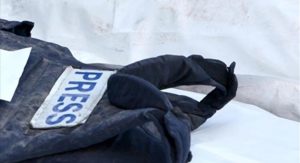
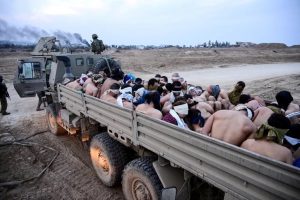




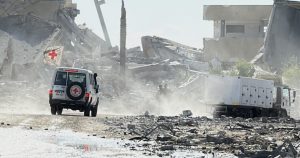
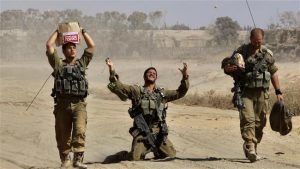
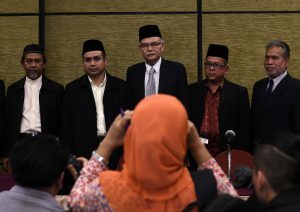

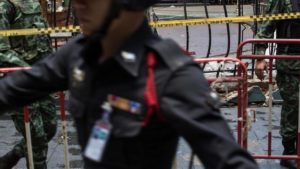



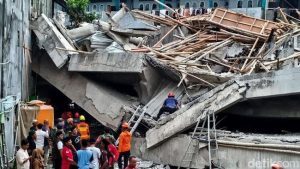


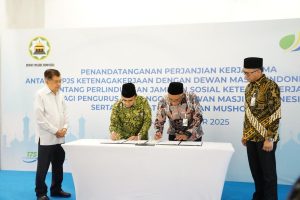
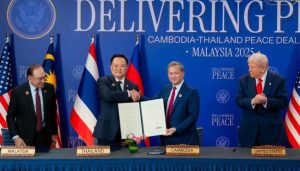
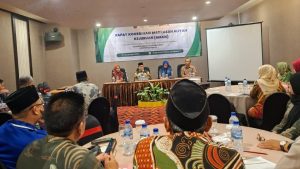
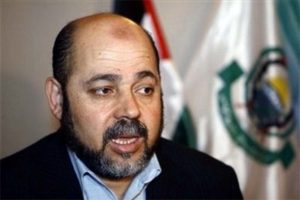





 Mina Indonesia
Mina Indonesia Mina Arabic
Mina Arabic